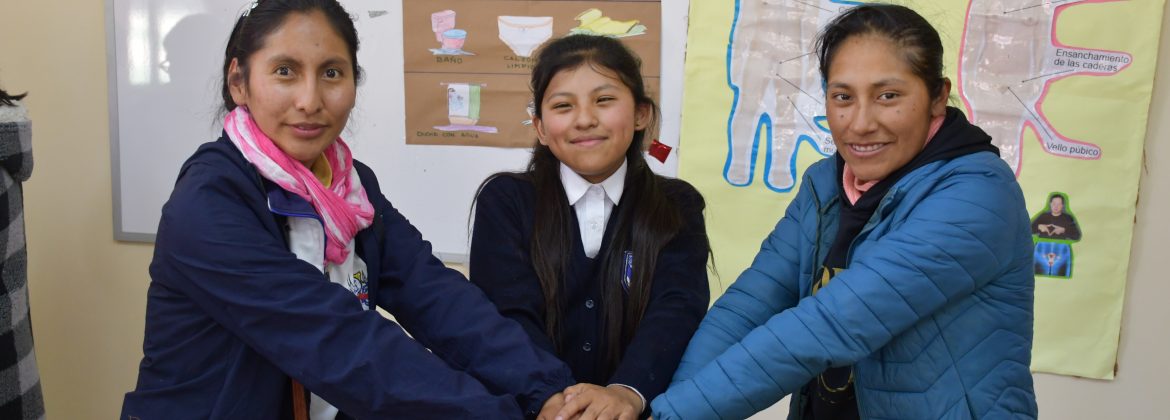
Young People with Disabilities in Bolivia: The Great Excluded from the Labor Market
Authored in coordination with CEMSE.
Being young in Bolivia already means facing employment challenges: unemployment, informality, and a lack of opportunities. But when disability is added to youth, the barriers become even more complex. In rural and peri-urban areas, exclusion is even more pronounced. Many young people with disabilities also belong to Indigenous communities or low-income families, intensifying intersecting forms of discrimination.
In response to this reality, in 2017 Bolivia passed Law No. 977 on Labor Inclusion and Economic Support for Persons with Disabilities, establishing hiring quotas: 4% in the public sector and 2% in the private sector (for companies with 50 or more employees). Yet in practice, these quotas are not enforced. The reasons include:
- High informality. Bolivia is often described as South America’s “champion of informality,” with more than 80% of the labor force working outside formal protections and benefits.
- Persistent barriers. Young people with disabilities face multiple obstacles to accessing jobs: physical barriers (inaccessible buildings and transport), attitudinal barriers (prejudice, stigma, and discrimination from employers and society), informational barriers (lack of knowledge on how to adapt jobs to different abilities), and communication barriers.
- Job stability concerns. Another factor is that people with disabilities enjoy job immovability rights. This protection can also extend to spouses, parents, or guardians, under certain conditions.
Advancing toward real inclusion requires more than just meeting legal quotas. It demands accessible workplaces, inclusive job-matching policies, effective enforcement mechanisms, and — equally important — stronger inclusive education and technical training as pathways to employment. Intersectional factors such as gender, ethnicity, rural origin, or poverty must also be addressed.
Save the Children’s strategy to transform this reality
In 2024 and 2025, with the support from Save the Children Italy, we launched a project to strengthen four inclusive entrepreneurial ecosystems in Santa Cruz de la Sierra, Cochabamba, Sucre, and La Paz. These ecosystems provide young people with disabilities a concrete pathway to exercise their right to work through self-employment, helping them overcome structural barriers in the traditional labor market. They are building support networks, accessing new forms of flexible financing, and receiving specialized mentoring.
This environment allows young people to develop productive initiatives tailored to their talents, interests, and personal circumstances. So far, 13 youth with disabilities have accessed non-repayable funds to launch their ventures, and 6 have received technical training and secured decent jobs.
Investing in the labor inclusion of young people with disabilities is not just a matter of social justice. It is a matter of development: tapping into talents, enriching workplaces, and building a more equitable and humane society.

 Bolivia
Bolivia